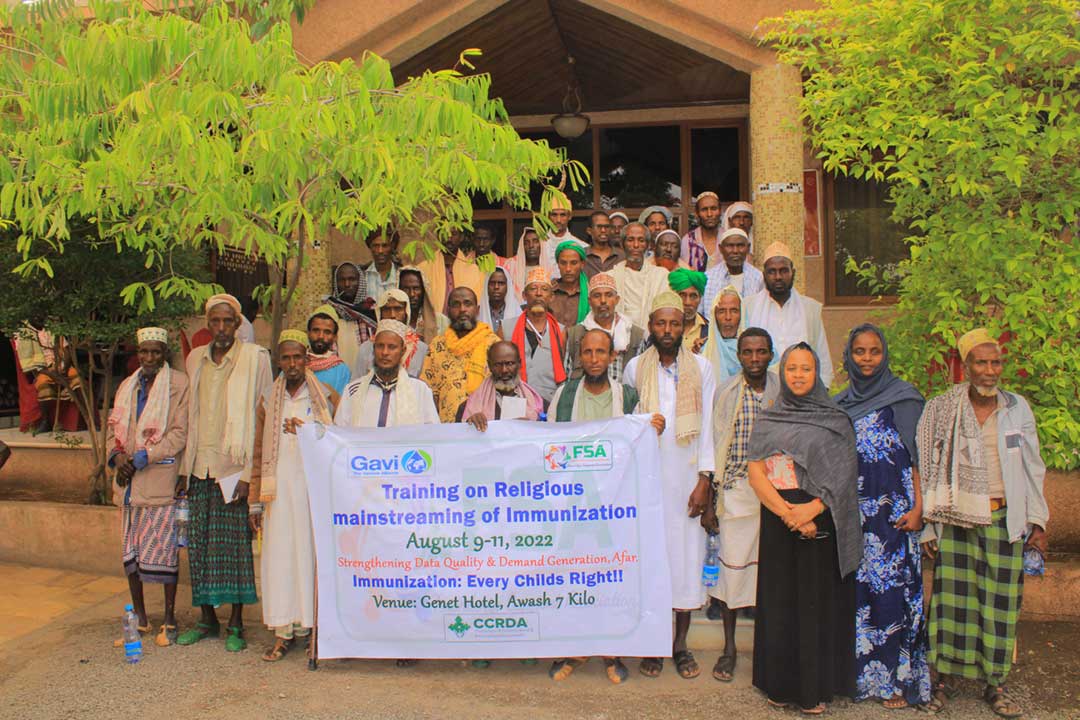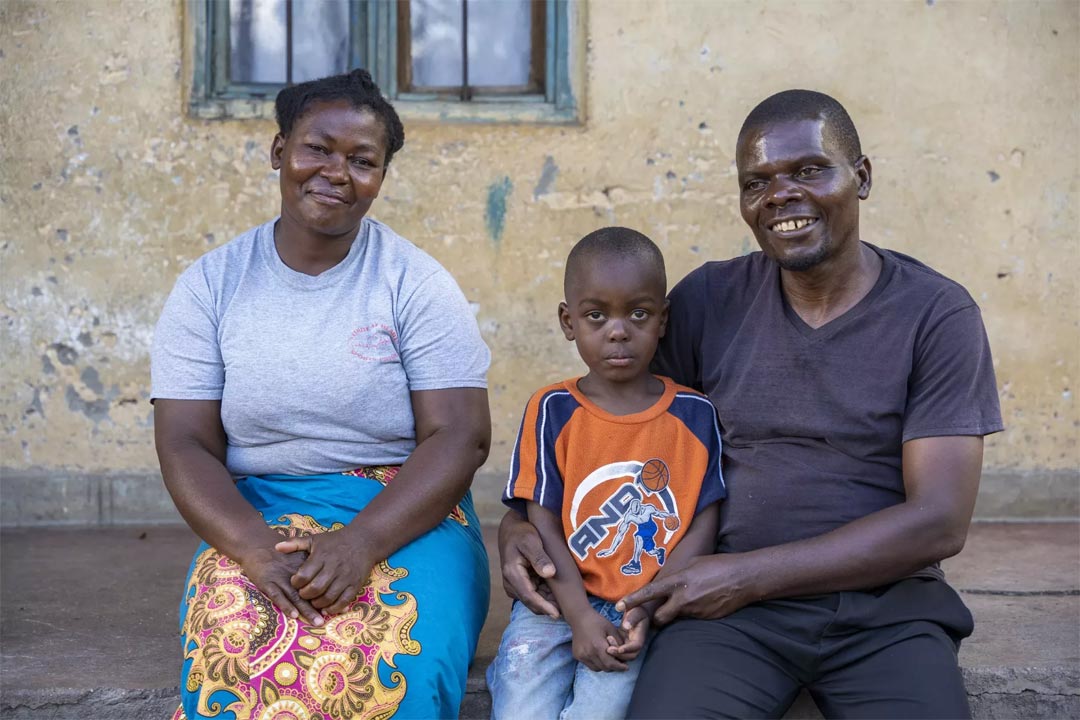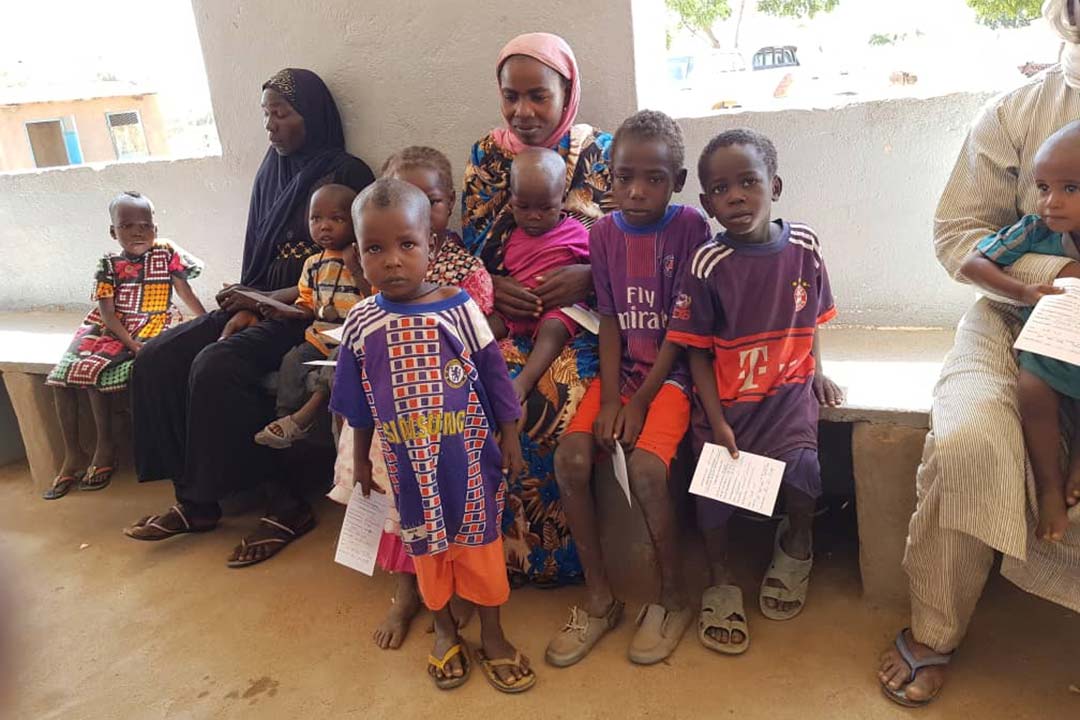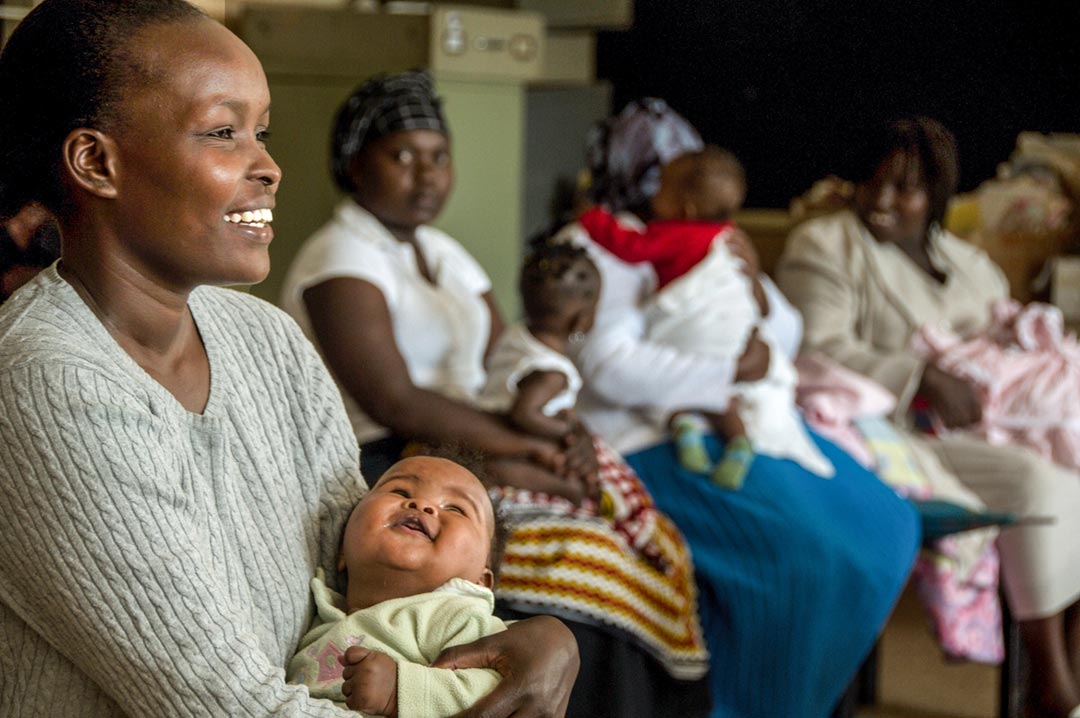New rapid diagnostic tests will bolster cholera surveillance and improve vaccination campaigns
More than 1.2 million cholera rapid diagnostic tests are being shipped to 14 countries to strengthen surveillance and inform decision-making for vaccination campaigns, so that the right people in the right places can be reached at the right time.
- 5 April 2024
- 3 min read
- by Linda Geddes
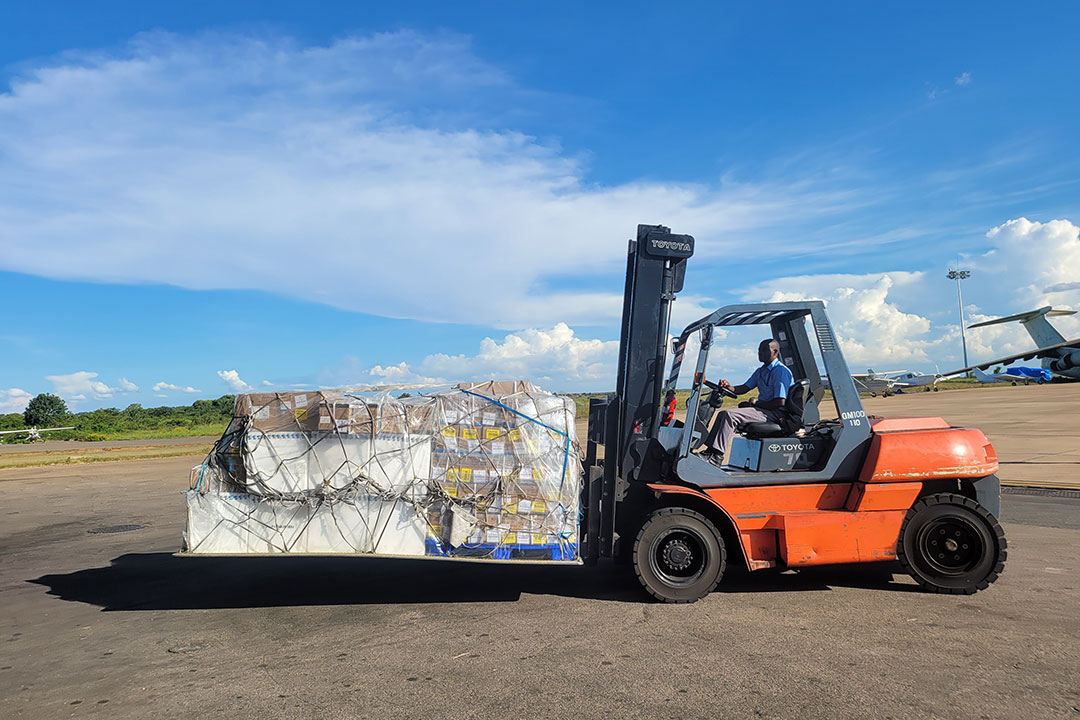
Since 2021, a global resurgence of cholera has claimed thousands of lives across Africa, the Middle East and Asia. This ongoing crisis is being driven by continued gaps in access to safe water and sanitation – factors made worse by recent humanitarian crises and extreme weather events that have caused flooding, droughts and population displacement.
Timely detection of cholera cases is critical, because if cholera is detected early and targeted by vaccine programmes, fewer people will need to be vaccinated to prevent infections from spreading far and wide.
Cholera is an extremely infectious and potentially fatal intestinal infection that spreads through food and water contaminated with the bacterium Vibrio cholerae. Early detection is crucial to nip outbreaks in the bud and prevent them from spreading across states and borders. This surveillance data will better inform vaccination campaigns in response to current outbreaks and targeting of future preventive vaccination efforts.
To this end, a Gavi-funded programme has begun to roll out more than 1.2 million cholera rapid diagnostic tests to 14 countries, many of which are at high risk for cholera in the coming months. The first shipment is set to arrive in Malawi today.
Why are these tests needed?
In January 2023, the World Health Organization classified the global resurgence of cholera as a grade 3 emergency – its highest internal emergency level. The large number of outbreaks across 31 different countries has triggered unprecedented demand for oral cholera vaccines, and while their supply increased 18-fold between 2013 and 2023, ongoing high demand has led to available doses being prioritised for outbreak responses – delaying preventive vaccination campaigns.
Have you read?
Timely detection of cholera cases is critical, because if cholera is detected early and targeted by vaccine programmes, fewer people will need to be vaccinated to prevent infections from spreading far and wide.
How do the tests work?
The two tests being deployed are lateral flow tests that are designed to detect V. cholerae in stool samplesfrom patients suspected of having cholera. They were developed by Arkray Healthcare and Abbott and have previously been used by WHO and UNICEF during cholera outbreaks. The tests will now be used routinely by the 14 approved countries, building on learnings from ongoing pilot studies in the Democratic Republic of the Congo (DRC), Niger and Nepal.
These tests are primarily intended to be used for surveillance purposes by trained health workers and surveillance officers to monitor trends in cholera incidence, detect of outbreaks early, and inform future prevention strategies, including vaccination. Rapid diagnostic tests, while not confirmatory, can provide valuable insights into trends over time. Rapid diagnostic tests are, importantly, not for clinical decision-making.
The programme aims to strengthen country capacity for cholera surveillance by building a strong evidence base to inform preventive activities, including applying to Gavi to roll out oral cholera vaccines through preventive campaigns. In addition, rapidly identifying probable cholera cases aims to help improve the timeliness of outbreak detection and response.
Where are they being deployed?
More than 1.2 million tests will be shipped to 14 lower-income countries, with the first shipments arriving in Malawi on 5 April 2024. These will be followed by shipments to other countries that are currently severely affected by cholera outbreaks, such as Zambia, Syria, Somalia and Ethiopia.
Cameroon, Democratic Republic of the Congo (DRC), Mozambique, Nigeria, Pakistan, Sierra Leone, Uganda and Zimbabwe will also receive rapid test kits.
More from Linda Geddes
Recommended for you
